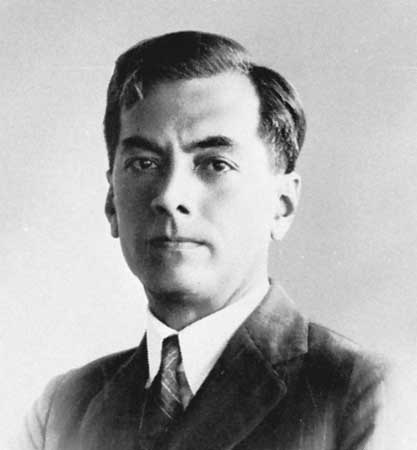Get Today in Masonic History into your Inbox. Sign up today for one of our email lists!
Need an article for your Trestleboard/Newsletter see our Use Policy
Manuel Luis Quezon y Molina was Born

Today in Masonic history Manuel Luis Quezon y Molina was born in 1878.
Manuel Luis Quezon y Molina was a Filipino politician.
Quezon was born on August 19th, 1878 in Baler, Tayabas. Both parents were teachers and he had a direct Spanish ancestry. Despite his parents being educators, he received his education through the public schools set up by the Spanish government. His mother passed away in 1893. His father and brother were killed in 1898 while returning home. The were attacked by bandits. They were either killed and robbed at random or they were targeted for the families allegiance to the Spanish government.
In 1900, while attending University Santo Tomás, he joined the fight for independence from the United States. Leaving the university he became the aide-De-camp of Emilio Aguinaldo. He rose to the rank of major before the surrender and returned to the university, graduating in 1903. He was admitted to the bar the same year.
In 1907, Quezon was elected to the Philippine Assembly in the House of Representatives. From 1909 to 1916 he served as one of two resident commissioners for the Philippines to the United States House of Representatives. There he lobbied for what was known as the Jones Law or the Philippine Autonomy Act, which passed in 1916.
Starting in 1916, Quezon was elected to the Philippine Senate. Shortly after he was elected by his peers as the President of the Senate. He served in the position until 1935, a total of 19 years. In 1934, he secured the Philippine Independence act in the United States Congress. It led to the establishment of the 1935 Philippine Constitution.
In 1935, Quezon won the first Philippine Presidential election making him the second President of the Philippines after Aguinaldo. Although a 2008 a bill was introduced in the Philippine House of Representatives seeking to name General Miguel Malvar as the second president since he directly succeeded Aguinaldo. Quezon served as President until 1941 when he, by the Philippine Constitution, was required to step down. However in 1940, amendments were ratified allowing him to see re-election for a shortened term. He was re-elected in 1941 by a landslide.
After World War II broke out, Quezon was forced to leave the Philippines and eventually established his exile government in Washington, D.C. Quezon worked closely with President Franklin Delano Roosevelt. Quezon toured the country giving inspirational speeches and reminding Americans about the Philippines.
In 1943, Quezon was reminded by his Vice President he was required to step down from the Presidency per the Constitution. This began a battle between the two men to determine who was going to be the next President of the Philippines. Quezon felt a change of leadership during an exile government caused more problems. Eventually a compromise was reached and it was agreed Quezon remained President until after the Philippines had been liberated.
Quezon suffered from tuberculosis and spent his final years in and out of hospitals. In the summer of 1944, Quezon was at a "cure cottage" in Saranac Lake, New York. He passed away there August 1st, 1944.
Quezon was a member of Sinukuan Lodge No. 272 (renamed Sinukuan Lodge No. 16) in the Philippines.
This article provided by Brother Eric C. Steele.

